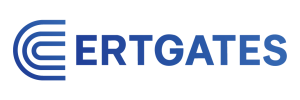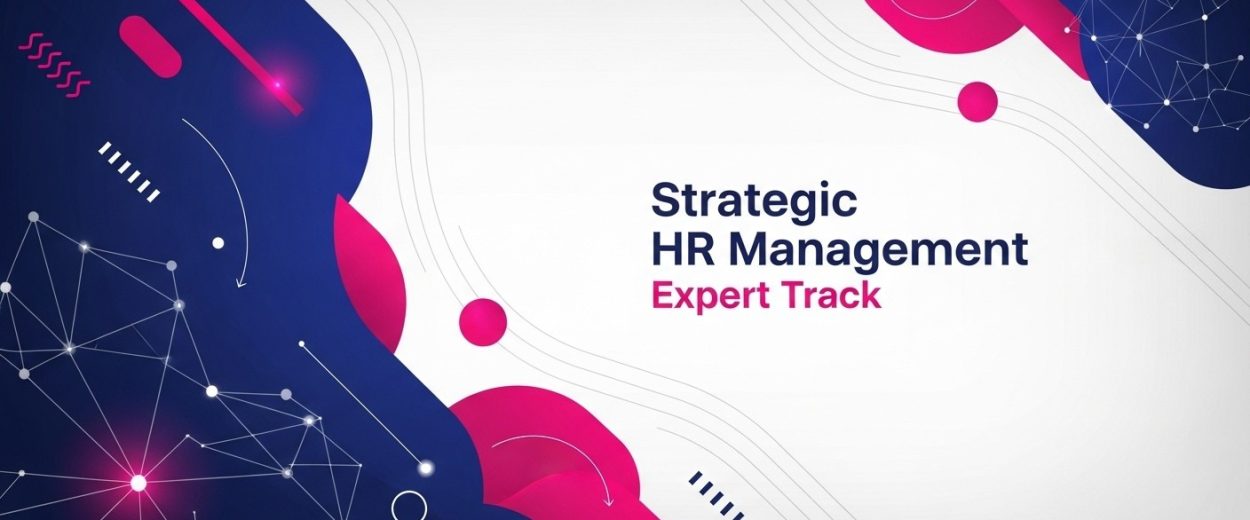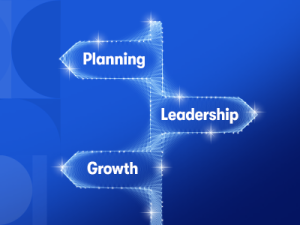Check out our Ramadan offer🌙 ! Learn More
Shape the Future of Work. Lead with Strategic HR Impact.
Advance your HR career with CMI-accredited certifications and the strategic skills needed to elevate workforce performance and organizational growth.
- Learning Languages: Available in Both Arabic and English.
- Self-paced study supported by personalized one-to-one sessions from our experts.
- Total Learning Hours: 45 Hours.
- Program Duration: 3 Months Access on The Track Materials.
- Level: Mid to Senior-Level Professionals.
- Certification: CMI Certificate.
Why Earn The CMI Strategic HR Management Expert Track?
- Earn the Prestigious fCMgr Badge: Gain international recognition with the distinguished Chartered Manager (fCMgr) status, placing you among elite HR leaders with globally respected credentials from CMI.
- Accelerate Your HR Career: Build a professional profile rooted in performance, leadership, and strategic decision-making, directly aligned with real business results.
- MBA Integration: This track covers 30% of MBA program content, offering a powerful launchpad for postgraduate education and leadership advancement.
- Exclusive Learning Resources: Get 12-month access to ManagementDirect, CMI’s digital resource platform filled with HR analytics tools, strategic planning guides, case studies, and more.
- Practical and Flexible Learning: Enjoy tailored support and flexible scheduling with real-world case studies and assignments that fit your career goals and lifestyle.
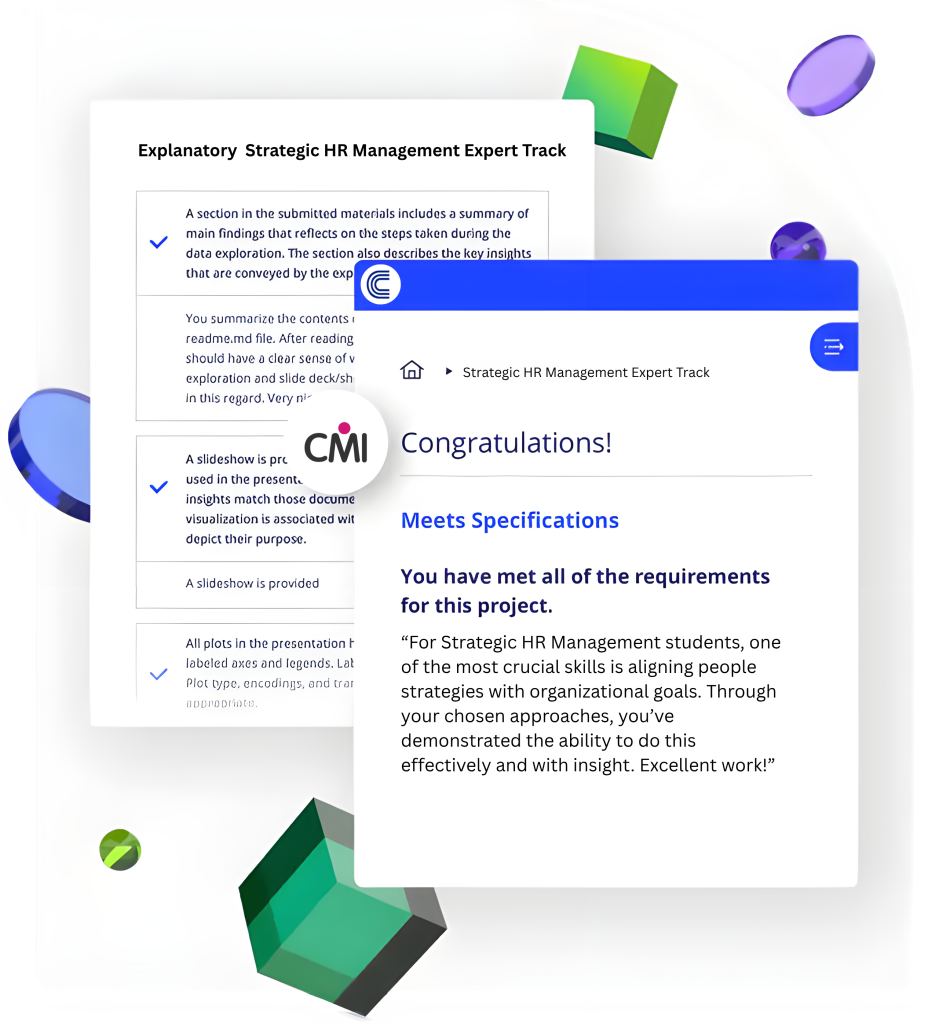
Track overview
The Strategic Human Resources Management Track is designed to provide HR professionals with the strategic insight and tools to align people strategies with business objectives. This program blends organizational behavior, talent development, and personal leadership into a practical journey that empowers HR professionals to shape culture, drive engagement, and lead meaningful change. This track is ideal for HR managers, team leaders, and professionals aspiring to advance their strategic HR capabilities and influence business performance.
Track Outcomes
Positive organizational culture cultivation
Book A Session and Improve your skills!
Employee engagement enhancement
Book A Session and Improve your skills!
Strategic HR decision-making
Book A Session and Improve your skills!
Competitive advantage leveraging
Book A Session and Improve your skills!
Workforce planning
Book A Session and Improve your skills!
Human capital optimization
Book A Session and Improve your skills!
Performance metrics alignment
Book A Session and Improve your skills!
Leadership development
Book A Session and Improve your skills!
Awarding Body
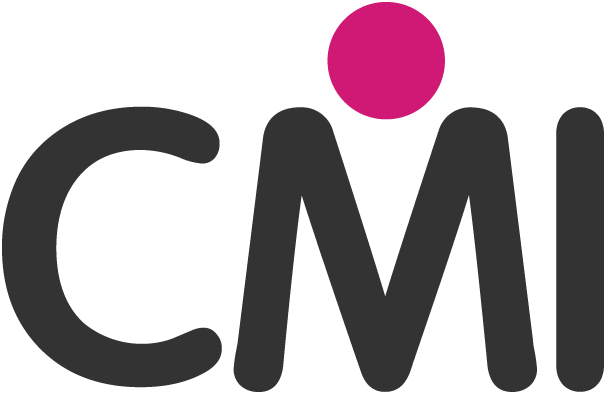
Accredited by the Chartered Management Institute (CMI), a globally recognized UK awarding body for management excellence.
Included Certificates & Curriculum
Duration: 45 Hours || Assessment: Research Paper Submission
1. Strategic Human Resources
Duration: 15 Hours || Assessment: Research Paper Submission
Unit 1: Introduction to Strategic Human Resources Management
Gain a foundational understanding of Strategic Human Resources Management (SHRM) and its role in achieving organizational objectives. Learn how to differentiate between HRM and SHRM and explore their significance in strategic planning.
Lessons:
- HRM vs. SHRM: Key Differences and Applications
- Strategic HRM in Business
Unit 2: Strategic Analysis Methodology
Learn how to align HR strategies with business goals, assess current HR practices, and optimize organizational resources to drive performance and achieve strategic objectives.
Lessons:
- Reviewing Current HR Practice
- Aligning Goals with Organizational Strategy
Unit 3: Market Analysis
Understand how to evaluate your organization's position in the market, analyze external environments, and use competitive intelligence to inform HR strategies and foster a competitive advantage.
Lessons:
- Evaluating Current Market Position
- Understanding Business Markets and External Environments
- Leveraging Competitive Intelligence
Unit 4: Competitive Advantage
Learn to foster a unique organizational culture, align business and HR strategies, and implement effective leadership styles to position your organization ahead of the competition.
Lessons:
- Understanding the Scope of the Business
- Business Alignment and Organizational Structure
- Cultivating Organizational Culture
- Leadership Styles for Competitive Advantage
Unit 5: Strategic Risks and Opportunities
Discover how to identify and mitigate risks through SWOT and GAP analysis while leveraging opportunities to strengthen HR’s contribution to strategic plans.
Lessons:
- SWOT Analysis for HR Strategy
- GAP Analysis and Strategic HR Adjustments
Unit 6: SHRM Strategies
Navigate the complexities of SHRM by developing and implementing a strategic HR plan. This module focuses on using HR models and tools to create an actionable plan aligned with organizational objectives.
Lessons:
- HRM Models and Their Applications
- SHRM Planning and Execution
Unit 7: SHRM Implementation
Identify and address challenges that hinder the implementation of strategic HRM, including organizational resistance, resource constraints, and misaligned priorities.
Lessons:
- Staffing
- Training and Development
- Employee Separation and Retention Management
- Overcoming Barriers to SHRM Implementation
2. Organizational Behavior
Duration: 15 Hours | Assessment: Research Paper Submission
Unit 1: Fundamentals of Leadership and Behavior Theory
Discover what differentiates effective leaders from managers, examine personal leadership qualities, and learn how to foster inclusive team decision-making. This module provides insights into leadership interactions and how perceptions shape leader effectiveness.
Lessons:
- Leadership vs. Management
- Personal Leadership Traits
- Role Theory of Leadership
- Participative Leadership Theories
- Building Productive Working Relationships
- Behavioral Theories
- Social Constructionism
Unit 2: Organizational Structures and Culture
Understand the core types of organizational structures, including modular and matrix models, and how they impact decision-making. This module covers decentralization, the impact of organizational culture on employee actions, and the importance of continuous learning within an organization.
Lessons:
- Organizational Models: Bureaucracies, Modular, Hierarchical, and Matrix
- Decentralization
- Functional Structures
- Organization Culture
- Creating a Learning Organization
Unit 3: Business Internal Opportunities
Identify internal opportunities for growth and learn how creativity and collaboration drive organizational success. This module emphasizes the use of performance metrics, the importance of team collaboration, and effective change management.
Lessons:
- Fostering Innovation and Creativity
- Leveraging Organizational Culture for Success
- Organizational learning
- Performance Measurement Techniques
- Effective Teamwork for Organizational Growth
- Change Management in Organizations
Unit 4: Motivational Theories and Employee Engagement
Explore classic and contemporary theories that reveal what drives human behavior in the workplace. You will study early efficiency theories, motivation frameworks, and cognitive approaches to enhancing employee satisfaction and productivity.
Lessons:
- Taylorism and Mayo Theory
- Maslow’s Hierarchy of Needs
- Herzberg’s Motivation Theory
- McGregor’s Theories X and Y
- Modern Theories of Cognitive Motivation
3. Personal Development & Leadership
Duration: 15 Hours | Assessment: Research Paper Submission
Unit 1: Vision & Strategy
A clear vision and strategy are essential for guiding an organization toward success. This module explores the importance of vision statements, mission alignment, and strategic planning to set the foundation for impactful leadership.
Lessons:
- What is a vision, mission, values, and goals?
- What is planning and strategy?
- Linking the vision with the strategy.
Unit 2: The Leadership Mindset
A leader’s mindset defines their ability to guide teams and implement change. Learn how to build resilience, prioritize effectively, and manage time while fostering a strategic approach to decision-making.
Lessons:
- Defining the Future with Clarity
- Recognizing Organizational Capabilities
- Prioritization and Time Management
- Strategic Manager’s Effectiveness
Unit 3: Understanding Leadership
Leadership is about influence, not just authority. This module focuses on the traits, skills, and competencies that make a leader effective in inspiring teams and achieving goals.
Lessons:
- Leadership Defined
- Becoming a Leader
- Harnessing Leadership Strengths
Unit 4: Leader's Personal Contribution
Leadership requires personal growth, continuous reflection, and a focus on celebrating success. This module emphasizes self-awareness, performance feedback, and recognizing accomplishments to build sustainable leadership practices.
Lessons:
- Delivering Feedback and Measuring Performance
- Self-Awareness and Reflection
- Celebrating Success
Testimonials
“Completing the Strategic HR Management Track helped me transform our internal HR processes and boost team performance. The blend of flexibility and credibility is unmatched.”
Nouran M
Senior HR Manager
“This program provided practical tools I could apply right away. The leadership and organizational behavior modules were especially impactful.”
Omar K
HR Business Partner
“The CMI certification elevated my resume and gave me the confidence to take on a more strategic HR role in my organization.”
Fatima H
Talent Development Lead
Elevate Your Career


